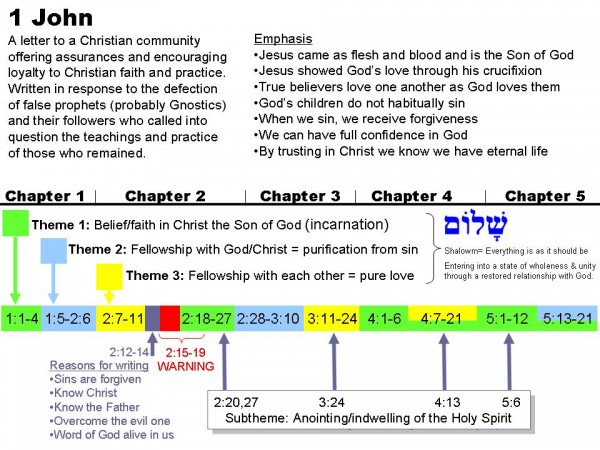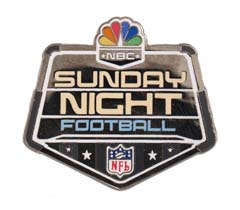Scripture Reading: Luke 15:1-7
1 Now the tax collectors and sinners were all gathering around to hear Jesus. 2 But the Pharisees and the teachers of the law muttered, “This man welcomes sinners and eats with them.”
3 Then Jesus told them this parable: 4 “Suppose one of you has a hundred sheep and loses one of them. Doesn’t he leave the ninety-nine in the open country and go after the lost sheep until he finds it? 5 And when he finds it, he joyfully puts it on his shoulders 6 and goes home. Then he calls his friends and neighbors together and says, ‘Rejoice with me; I have found my lost sheep.’7 I tell you that in the same way there will be more rejoicing in heaven over one sinner who repents than over ninety-nine righteous persons who do not need to repent. Luke 15:1-7 (NIV)
Context: Jesus is addressing the Pharisees who are critical of his association with sinners. Both presumably are hearing his response to them in the form of three parables, the parable of the lost sheep, the parable of the lost coin, and the parable of the loving father.
Outline
1. “Suppose one of you…”
- The Pharisee would not have considered the profession of a shepherd nor allowed his son to be one
- Shepherding in the oral tradition of the Jews was a proscribed trade…that is, a trade that according to rabbis would be impossible to have and keep the law. Lists of such trades can be found in the Mishnah (Kidd 4:14, Ket 7:10) and the Babylonian Talmud (Kid
- Even though a Shepherd is a symbol for God throughout the old testament, the experience of the time was that a herdsmen were not law-abiding Jews (therefore sinners) and The law-abiding
- Aggressive and offensive language
2. “loses one of them “ (Bad shepherd)
- The structure of Middle Eastern life and language requires that people do not blame themselves; “I lost my sheep” would be presented as “the sheep went from me.”
- Sheep are constantly getting lost.
- Shepherd must be diligent
3. “And when he finds it “ (Good Shepherd)
- As Bible experts they would have instantly recalled Psalms 23, Jeremiah 23, and Ezekiel 34
- Ezekiel 34 Prophecy Against the Shepherds of Israel
1…‘This is what the Sovereign LORD says: Woe to you shepherds of Israel who only take care of yourselves! Should not shepherds take care of the flock? 3 You eat the curds, clothe yourselves with the wool and slaughter the choice animals, but you do not take care of the flock. 4 You have not strengthened the weak or healed the sick or bound up the injured. You have not brought back the strays or searched for the lost. You have ruled them harshly and brutally. 5 So they were scattered because there was no shepherd, and when they were scattered they became food for all the wild animals. 6 My sheep wandered over all the mountains and on every high hill. They were scattered over the whole earth, and no one searched or looked for them. Ezekiel 34:1-5 (NIV)
11 “‘For this is what the Sovereign LORD says: I myself will search for my sheep and look after them. 12 As a shepherd looks after his scattered flock when he is with them, so will I look after my sheep. I will rescue them from all the places where they were scattered on a day of clouds and darkness. 13 I will bring them out from the nations and gather them from the countries, and I will bring them into their own land. I will pasture them on the mountains of Israel, in the ravines and in all the settlements in the land. 14 I will tend them in a good pasture, and the mountain heights of Israel will be their grazing land. There they will lie down in good grazing land, and there they will feed in a rich pasture on the mountains of Israel. 15 I myself will tend my sheep and have them lie down, declares the Sovereign LORD. 16 I will search for the lost and bring back the strays. I will bind up the injured and strengthen the weak, but the sleek and the strong I will destroy. I will shepherd the flock with justice. Ezekiel 34:11-16 (NIV)
4. “he joyfully puts it on his shoulders 6 and goes home” (Picture of a good shepherd)
- Rugged terrain made it difficult to bring the sheep back; a lost sheep is confused, exhausted and unable or willing to stand. Often 70 lbs a sheep would have to be carried by the shepherd (not joyfully)
- The sacrificial action of the shepherd alone will save the sheep
- John 10:1-18 The Good Shepherd and His Sheep
11 “I am the good shepherd. The good shepherd lays down his life for the sheep…. 14 “I am the good shepherd; I know my sheep and my sheep know me— 15 just as the Father knows me and I know the Father—and I lay down my life for the sheep. John 10:11-15 (NIV)
- The cross was not used as a symbol of salvation in the early church. Scholars believe this was because crucifixion by the cross
- The image of a shepherd with a sheep across his shoulders was often used as a symbol of salvation. Carving in the catacombs and frescos in early house churches depict a shepherd with a sheep that is proportionally larger than the the shepherd
- The early church understood the
5. “‘Rejoice with me; I have found my lost sheep.’”
12 “…If a man owns a hundred sheep, and one of them wanders away, will he not leave the ninety-nine on the hills and go to look for the one that wandered off? 13 And if he finds it, truly I tell you, he is happier about that one sheep than about the ninety-nine that did not wander off. Matthew 18:12-13 (NIV)
6. Summary
- The Pharisees come face to face with the prophesy of Ezekiel, they have failed as the shepherds God intended them to be and through their religion, have neglected the lost sheep
- God loves his sheep
- Only through the shepherd will the lost sheep be found. Through no effort of our own we are saved through Him
- Joy – common theme of each of the parable.
7. Call The good shepherd loves you and longs for your return to the fold. He will seek you out in the darkness. He will lift you up onto his shoulders and rejoice. All you have to do is let him…




